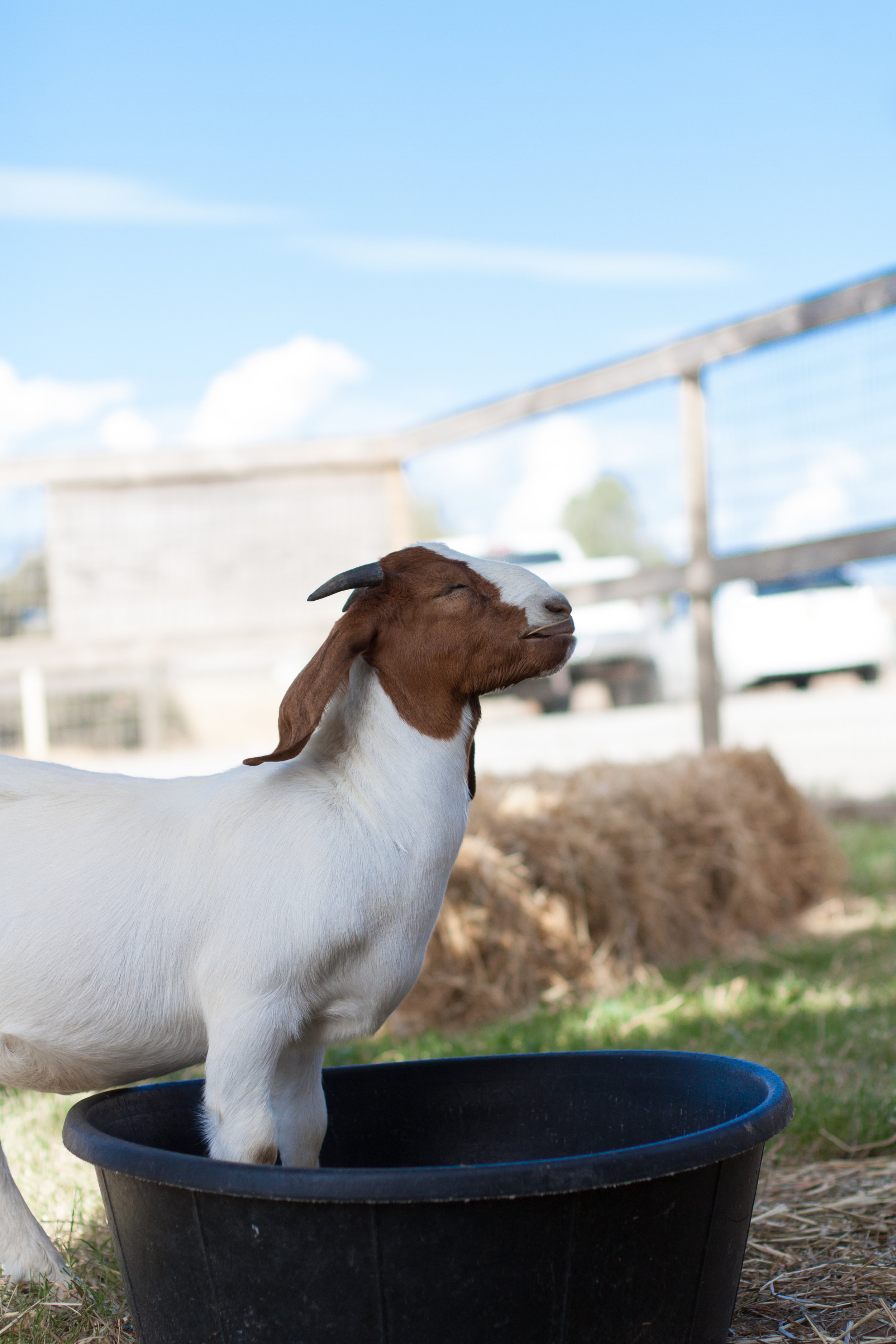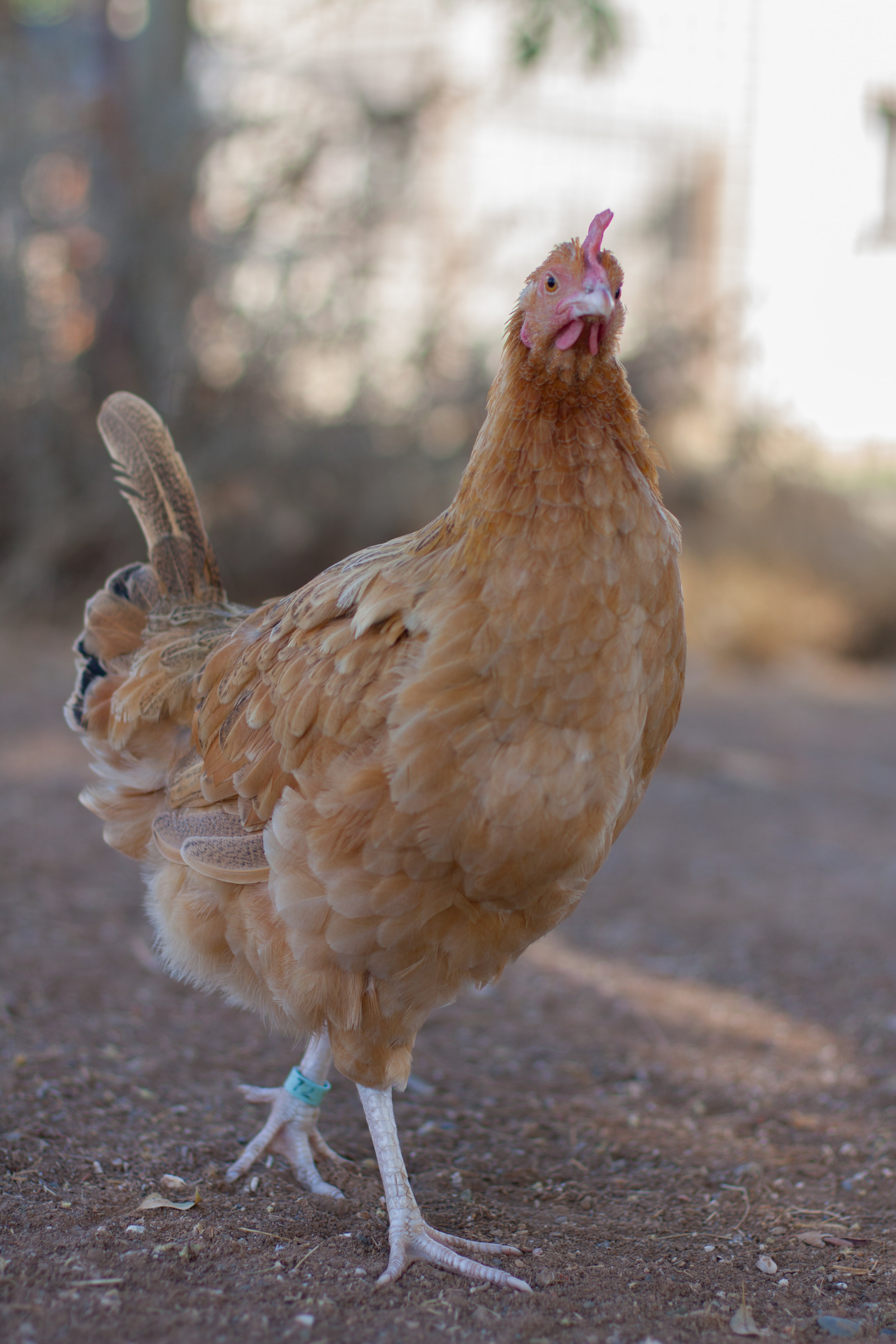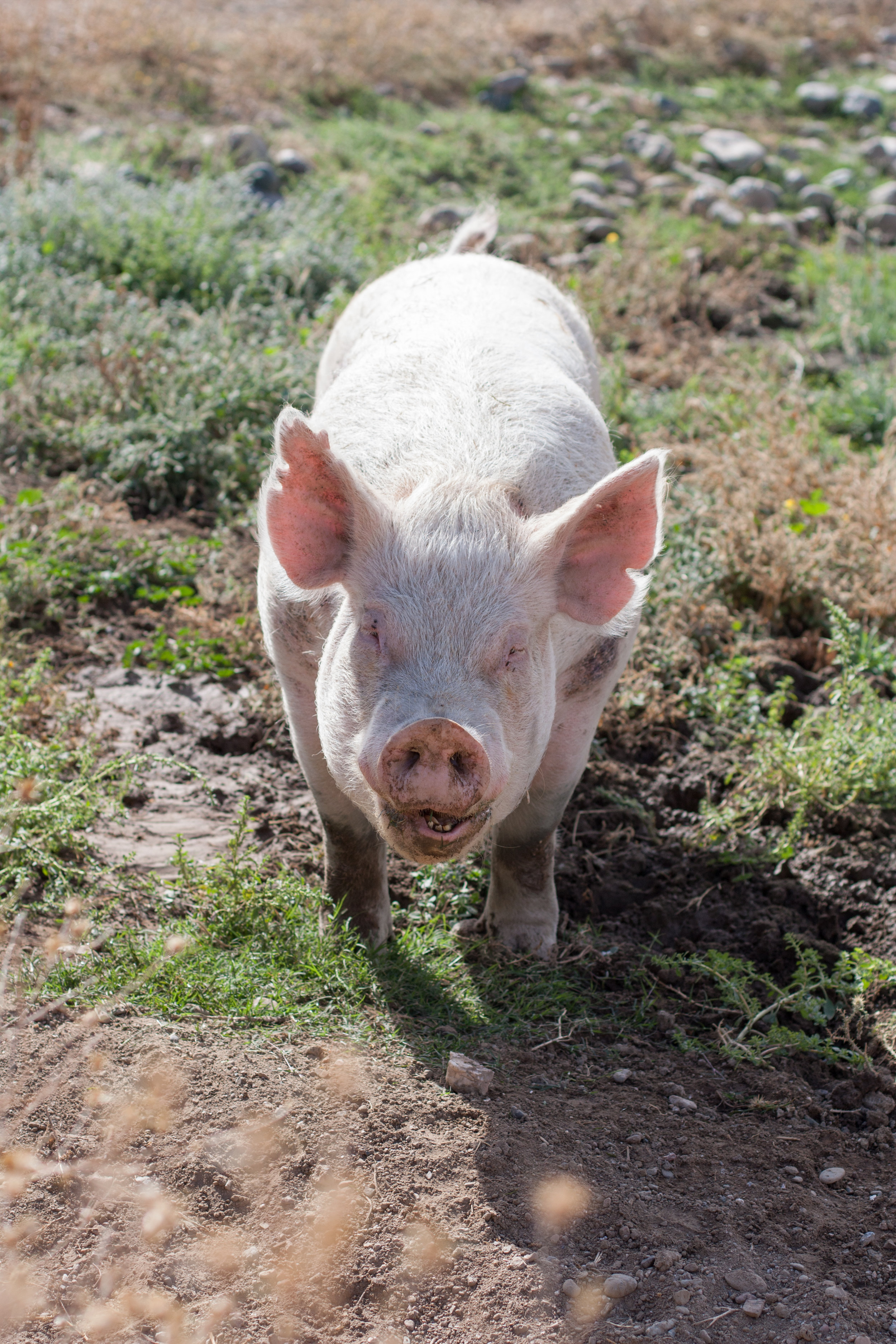Sign the CreatureKind Commitment
CreatureKind seeks to engage churches at an institutional and congregational level with the challenge to consider their policies in this area, using the CreatureKind Commitment:
As Christians, we believe that humans and other animals are all creatures of God, created to flourish and glorify their creator (Pss 145.9–16; 148.7, 10), until we are redeemed and liberated from our bondage with all creation to live in God’s peaceable kingdom (Ps. 36.6; Isa. 11.6–9; Rom. 8. 18–23).
We believe that humans are called to be images of God in relation to the rest of creation (Gen. 1.26–7) and are called to till and keep the earth, in obedience to God and for the benefit of all creatures (Gen. 2.15), not the smallest of which falls apart from God (Mt. 10.31 || Lk. 12.6–7).
We recognize that many of the ways animals are currently treated by humans fails to allow them to glorify their creator by their flourishing. In particular, the new intensive patterns of farming animals developed rapidly over the past decades often makes them merely means to human ends without respecting them as fellow creatures.
We also recognize that these new patterns of raising farmed animals are poor stewardship in relation to human needs, using scarce food and water supplies irresponsibly, causing environmental pollution, and contributing to climate change.
For these reasons we commit ourselves to:
Reduce our consumption of animal products, such as meat, fish, dairy, and eggs, by consuming more plant-based foods that are less resource-intensive.
Continue to consider how our Christian faith should be put into practice in relation to other ways we treat our fellow animal creatures.
“I am most happy to be involved with the work of CreatureKind. I share fully CreatureKind’s vision that all of God’s creatures should be allowed to flourish as creatures with their own intrinsic goodness and dignity, a goodness given to them by their Creator and Sustainer. Communicating this vision to the people of God is one of the foremost ethical tasks of our day.” – John Berkman, Regis College, University of Toronto



